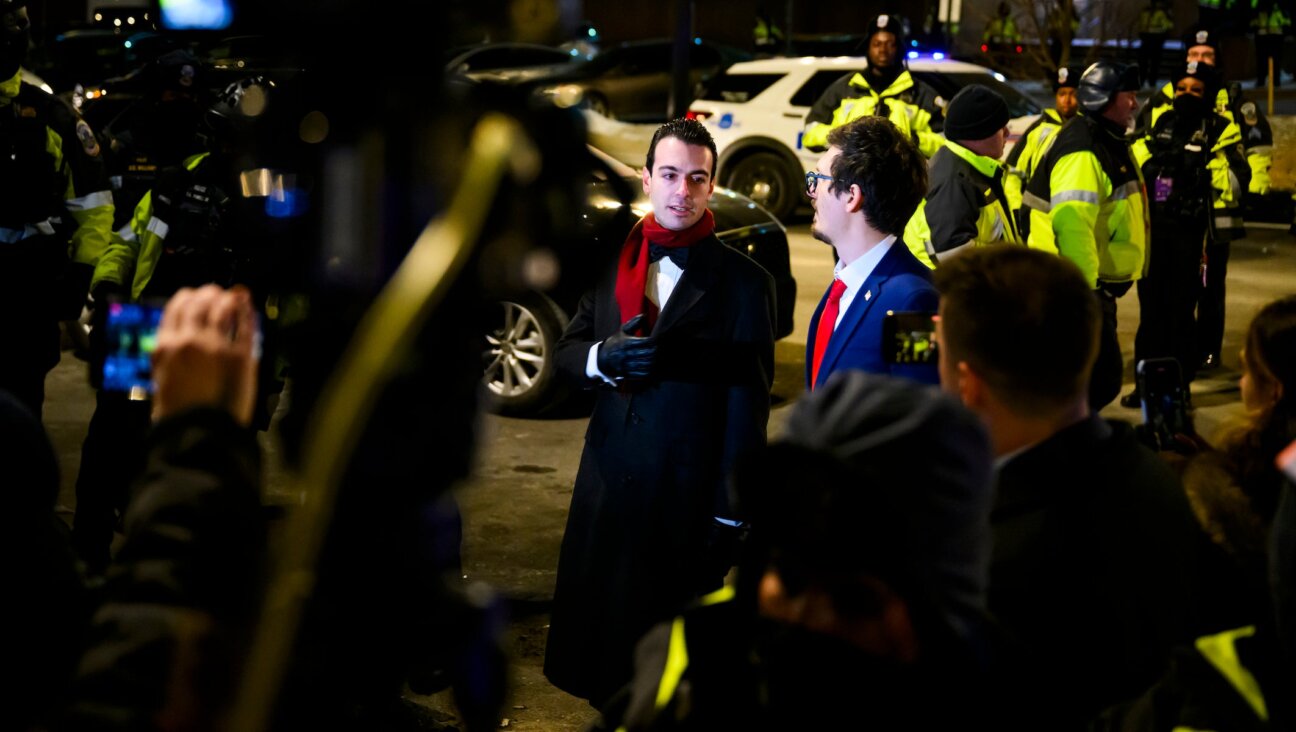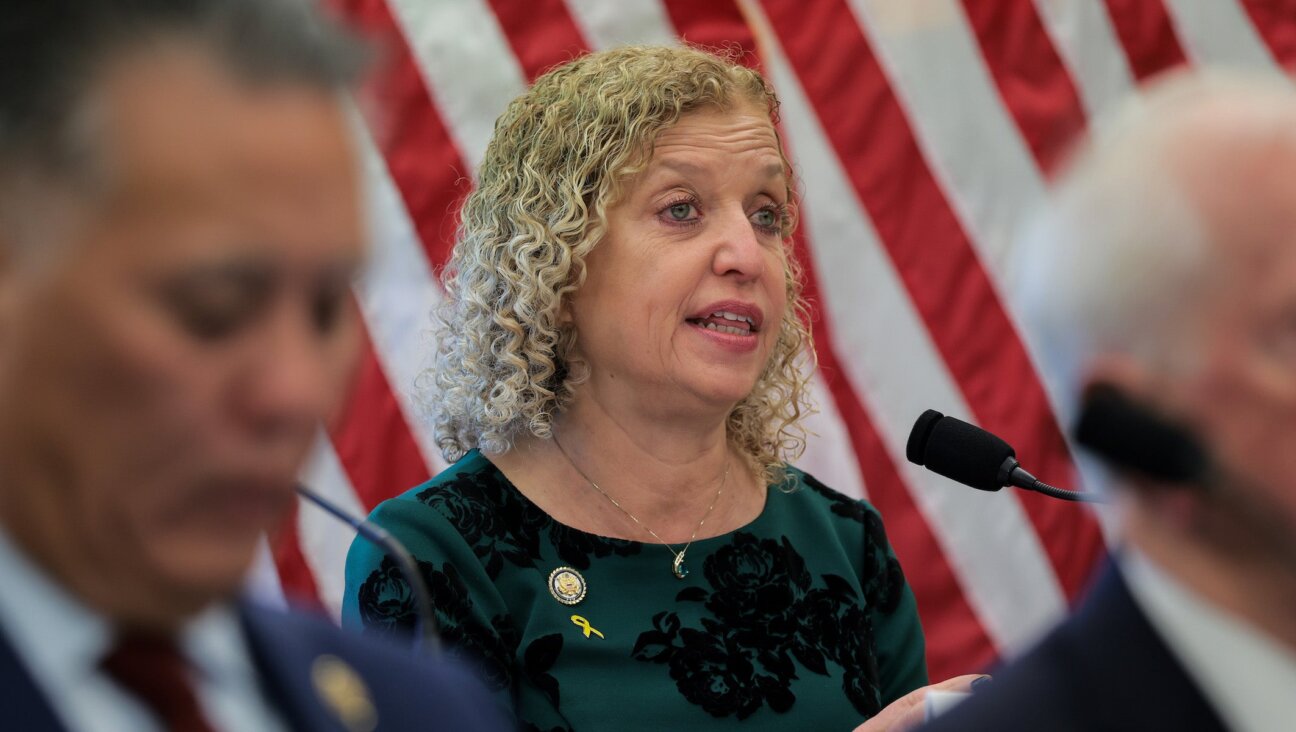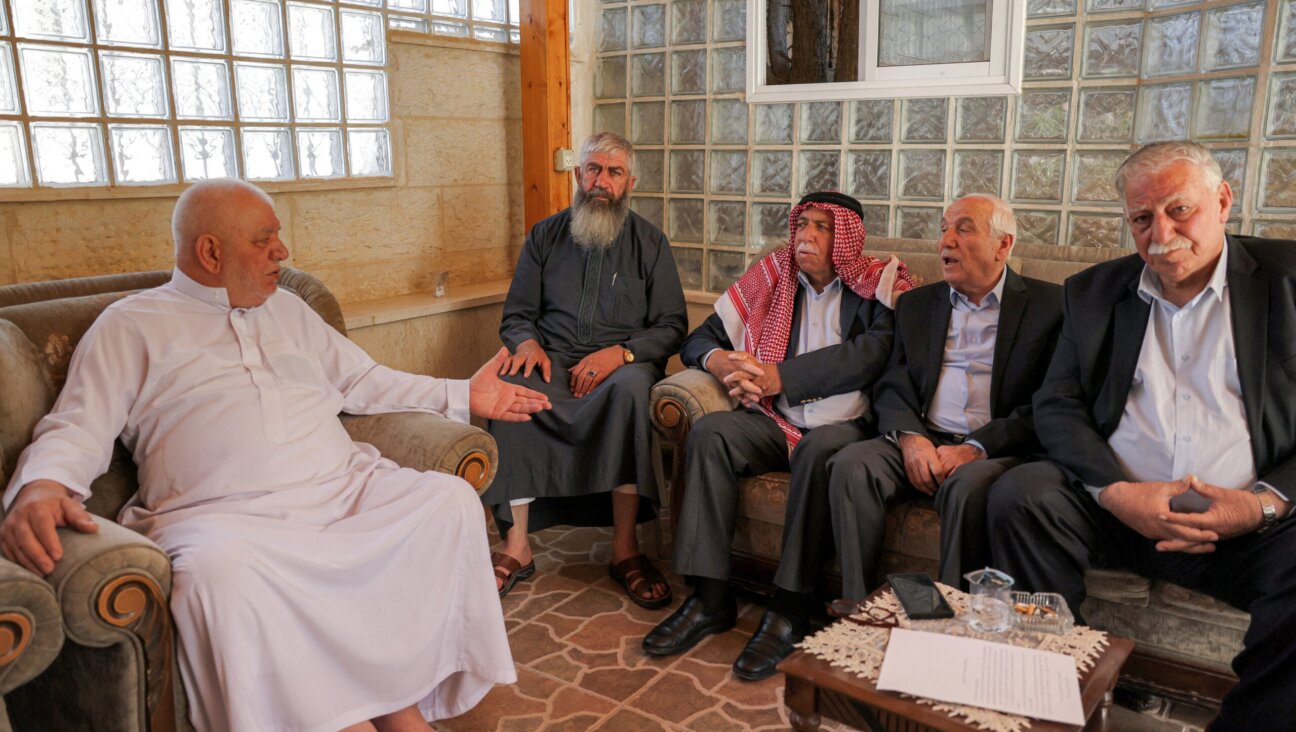Benjamin Netanyahu Will Talk Iran (Plus Syria and Palestinians) on Obama Trip

Bibi?s Talking Points: President Obama will visit the Middle East next month, and Israeli leader Benjamin Netanyahu is already planning the agenda. Image by getty images
Iran’s nuclear ambitions, the civil war in Syria and stalled Israeli-Palestinian peace efforts will top the agenda of U.S. President Barack Obama’s visit to Israel, Prime Minister Benjamin Netanyahu said on Sunday.
“It is a very important visit that will emphasise the strong alliance between Israel and the United States,” Netanyahu, who has had a testy relationship with Obama, told his cabinet.
The White House announced on Tuesday that Obama plans to visit Israel, the West Bank and Jordan this spring, raising prospects of a new U.S. push to restart Israeli-Palestinian peace efforts frozen for the past two years.
The White House gave no exact dates for the trip, Obama’s first to Israel since taking office. Israel’s Channel 10 television station cited unnamed sources in Washington last week saying the visit to Israel would start on March 20.
In public remarks at the cabinet session, Netanyahu put Iran at the top of his list of talking points with Obama and referred only in general terms to peace efforts with the Palestinians, stopping short of setting a revival of bilateral negotiations as a specific goal of the visit.
“The president and I spoke about this visit and agreed that we would discuss three main issues … Iran’s attempt to arm itself with nuclear weapons, the unstable situation in Syria … and the efforts to advance the diplomatic process of peace between the Palestinians and us,” Netanyahu said.
U.S.-hosted negotiations between Israel and the Palestinians collapsed in September 2010 in a dispute over Israeli settlement-building in the occupied West Bank, land captured in a 1967 war and which Palestinians seek as part of a future state that includes Gaza and East Jerusalem.
Obama and Netanyahu discussed the coming trip in a Jan. 28 telephone call.
The visit will take place only after Netanyahu puts together a new governing coalition following his narrower-than-expected victory in Israel’s Jan. 22 election.
Netanyahu, who heads the right-wing Likud party, has begun talks with prospective political partners and still has up to five weeks to complete the process.
Citing the dangers Israel faces from the “earthquake that is happening around us”, a reference to Arab upheaval in the region and the prospect of a nuclear-armed Iran, Netanyahu said Obama’s visit now was particularly important.
Obama’s tensions with Netanyahu have been aggravated by the Israeli leader’s demands for U.S. “red lines” on Iran’s nuclear programme – something the president has resisted, though he has said military options are on the table if sanctions and diplomacy fail.
Iranian President Mahmoud Ahmadinejad said on Sunday that Tehran would not negotiate about its nuclear programme under pressure, and would talk to its adversaries only if they stopped “pointing the gun”.
Iran dismisses Western suspicions that its nuclear programme is aimed at building weapons. Israel is widely believed to have the Middle East’s only nuclear arsenal.
Netanyahu has insisted he will stick to the red line laid down in September, when he told the United Nations that Iran should not have enough enriched uranium to make even a single warhead.
He gave a rough deadline of summer 2013, and Israeli political commentators have speculated that Obama had opted to visit Israel before that date to caution Netanyahu against any go-it-alone attack against Iran’s nuclear facilities.
Obama visited Israel as a presidential candidate in 2008 but drew Republican criticism for not travelling there in his first term. His Republican predecessor, former President George W. Bush, also waited until his second term to go to Israel.























